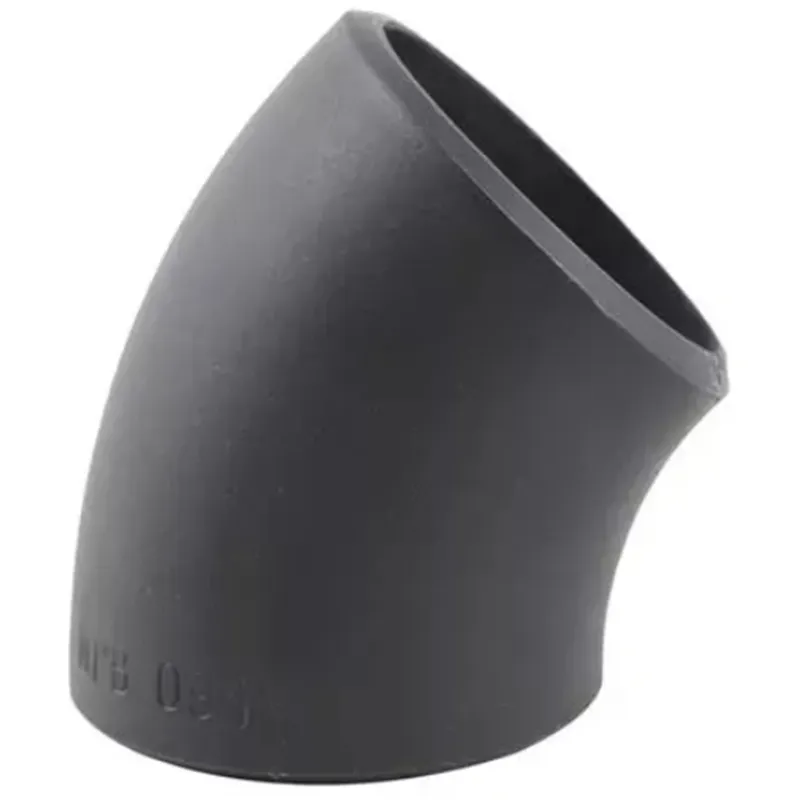-
Cangzhou Yulong Steel Co., Ltd.
-
Phone:
+86 13303177267 -
Email:
admin@ylsteelfittings.com
- English
- Arabic
- Italian
- Spanish
- Portuguese
- German
- kazakh
- Persian
- Greek
- French
- Russian
- Polish
- Thai
- Indonesian
- Vietnamese
- Zulu
- Korean
- Uzbek
- Hindi
- Serbian
- Malay
- Ukrainian
- Gujarati
- Haitian Creole
- hausa
- hawaiian
- Hebrew
- Miao
- Hungarian
- Icelandic
- igbo
- irish
- Japanese
- Javanese
- Kannada
- Khmer
- Rwandese
- Afrikaans
- Albanian
- Amharic
- Armenian
- Azerbaijani
- Basque
- Belarusian
- Bengali
- Bosnian
- Bulgarian
- Catalan
- Cebuano
- China
- China (Taiwan)
- Corsican
- Croatian
- Czech
- Danish
- Esperanto
- Estonian
- Finnish
- Frisian
- Galician
- Georgian
- Kurdish
- Kyrgyz
- Lao
- Latin
- Latvian
- Lithuanian
- Luxembourgish
- Macedonian
- Malgashi
- Malayalam
- Maltese
- Maori
- Marathi
- Mongolian
- Myanmar
- Nepali
- Norwegian
- Norwegian
- Occitan
- Pashto
- Dutch
- Punjabi
- Romanian
- Samoan
- Scottish Gaelic
- Sesotho
- Shona
- Sindhi
- Sinhala
- Slovak
- Slovenian
- Somali
- Sundanese
- Swahili
- Swedish
- Tagalog
- Tajik
- Tamil
- Tatar
- Telugu
- Turkish
- Turkmen
- Urdu
- Uighur
- Welsh
- Bantu
- Yiddish
- Yoruba

Dec . 04, 2024 00:38 Back to list
Different Varieties of Flanges and Their Applications in Industrial Settings
Various Types of Flanges An Overview
Flanges are crucial components in piping systems, serving as a method of connecting pipes, valves, pumps, and other equipment. They are also used for easy access for inspection, maintenance, and modification. The diversity of flange types available reflects the myriad applications in various industries, including oil and gas, water treatment, chemical production, and more. In this article, we will explore the various types of flanges, their features, and applications.
1. Weld Neck Flange
Weld neck flanges are widely used in high-pressure applications. Characteristically, they have a long neck which provides a gradual transition between the flange and the pipe. This design minimizes stress concentration, reducing the likelihood of failure in high-stress environments. They are primarily used in industries requiring high integrity, such as oil and gas.
2. Slip-On Flange
Slip-on flanges are designed to slide over the pipe before being welded in place. They are easier to align and install when compared to weld neck flanges. Their simplicity and cost-effectiveness make them a popular choice in lower pressure applications. However, they may not be suitable for high-stress environments since the welding takes place on the outer diameter only.
3. Blind Flange
Blind flanges are used to seal the end of a piping system. They do not have a bore and are typically used when that section of the pipe needs to be closed off. Commonly utilized during maintenance, blind flanges allow for easy access and isolation without requiring extensive modifications to the existing system.
4. Socket Weld Flange
Socket weld flanges are similar to slip-on flanges but are designed for use with smaller diameter pipes. The pipe is inserted into the socket and then welded in place. This type of flange offers increased strength and is commonly used in high-pressure applications, such as in power plants and refineries.
various types of flanges

5. Threaded Flange
Threaded flanges, as the name suggests, come with internal threads, allowing them to be screwed onto a pipe. This eliminates the need for welding, making them suitable for applications where welding is impractical. However, threaded flanges are not ideal for high-pressure applications, as the threads can weaken the flange’s overall strength.
6. Lap Joint Flange
Lap joint flanges are designed to be used with a stub end pipe fitting. They are particularly useful in situations where frequent assembly and disassembly are required. The flange is free to rotate around the stub end, which helps in alignment. Lap joint flanges are prevalent in the chemical and pharmaceutical industries, where processes require flexibility and ease of maintenance.
7. Titanium Flange
Titanium flanges are utilized in environments exposing them to corrosive substances. Titanium’s remarkable strength-to-weight ratio, coupled with its resistance to corrosion, makes it an excellent choice for applications in the aerospace and marine engineering sectors. Although they tend to be more expensive than other materials, their durability and longevity can justify the initial investment.
8. PVC and Plastic Flanges
In applications involving non-metal substances, particularly in plumbing and sewage systems, PVC and plastic flanges are widely employed. They are lightweight, resistant to corrosion, and cost-effective. Plastic flanges are particularly useful in systems where metal flanges would be prone to rust and degradation due to chemicals.
Conclusion
Flanges play an indispensable role in various piping systems, offering solutions for connecting and isolating components effectively. Understanding the different types of flanges, their features, and suitable applications can enhance system durability and performance. By selecting the appropriate flange type, engineers and designers can ensure the efficiency and safety of piping systems across diverse industrial applications. Whether it's high-pressure oil pipelines or routine plumbing, the right flange is key to success.
Latest news
-
ANSI 150P SS304 SO FLANGE
NewsFeb.14,2025
-
ASTM A333GR6 STEEL PIPE
NewsJan.20,2025
-
ANSI B16.5 WELDING NECK FLANGE
NewsJan.15,2026
-
ANSI B16.5 SLIP-ON FLANGE
NewsApr.19,2024
-
SABS 1123 FLANGE
NewsJan.15,2025
-
DIN86044 PLATE FLANGE
NewsApr.19,2024
-
DIN2527 BLIND FLANGE
NewsApr.12,2024
-
JIS B2311 Butt-Welding Fittings LR/SR 45°/90° /180°Seamless/Weld
NewsApr.23,2024











